Cities remain the most important contributors to the economies of many countries.
In recent years, however, the knock-on impacts of pandemics like Covid-19 have left several urban economies at a low ebb.
Did not completely collapse
In many ways, urban areas across the globe were the epicenters of the pandemic, accounting for most of the confirmed cases.
But what role did resilience play in ensuring that urban economies did not completely collapse? How resilient will they be as 2023, a year in which global economic growth has declined to about 2.5 percent, winds down?
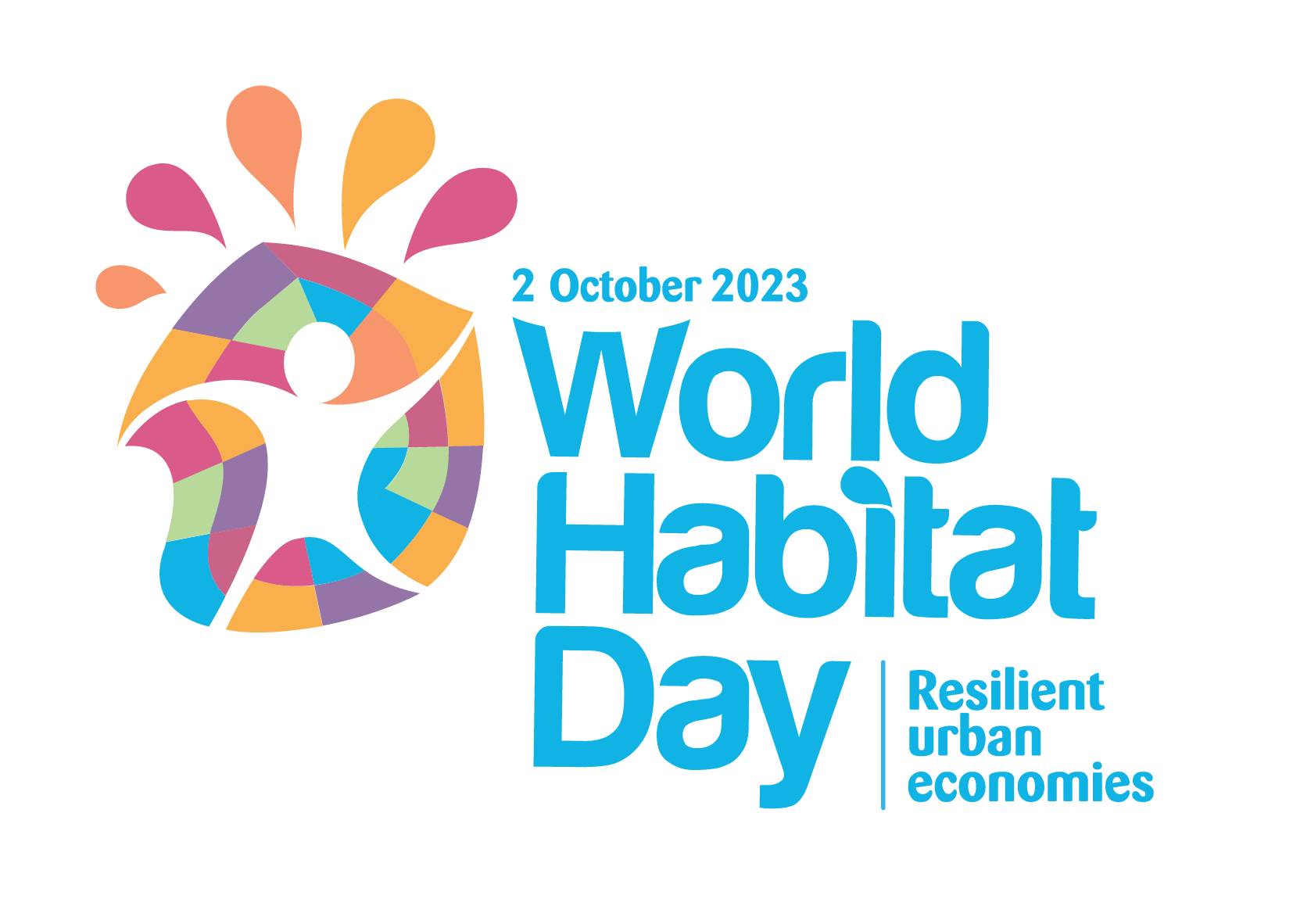
This and other concerns shaped and defined the talking points, conversations, and speeches on World Habitat Day, which was observed on October 2 to raise awareness about the importance of adequate housing for all and to encourage sustainable urban development.
In a speech observing the day, marked under the theme “Resilient urban economies. Cities as engines of growth and recovery,” Dr Maimunah Sharif, Executive Director of UN-Habitat, said that cities across the globe had time and time again proven their resilience in challenging times of human conflict, economic hardships, and climate disasters.
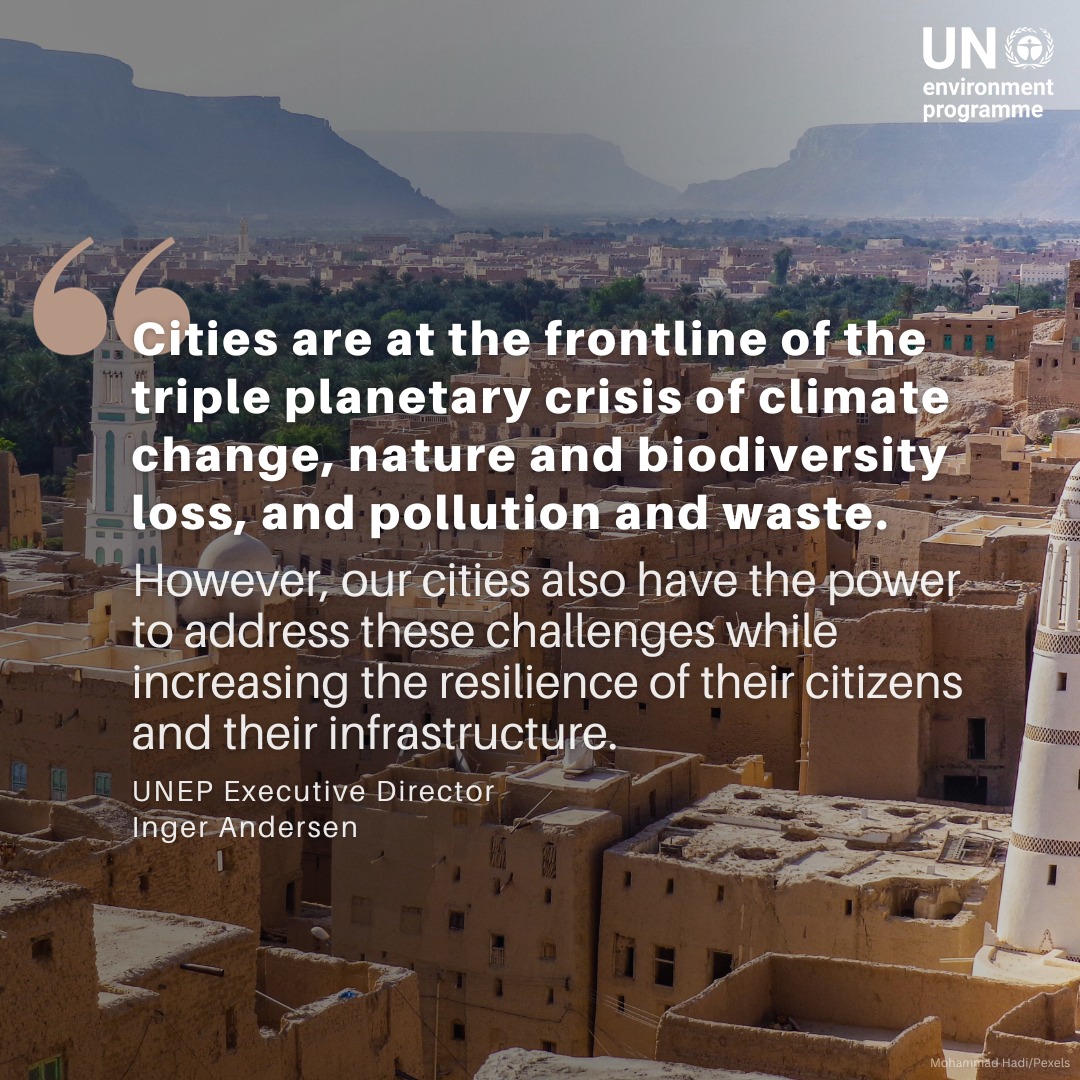
“In sub-Saharan Africa, a region often regarded as the world’s fastest urbanizing region, and which is projected to have a fifth of the world’s urban population by 2050, several cities have lived up to the billing as resilient and vibrant economic ecosystems of human potential and innovation, creating value that boosted several countries’ economies after the financial shocks occasioned by Covid-19,” said Dr Christine Betty Nagawa, a lecturer at Uganda’s Makerere University’s School of Forestry, Environmental and Geographical Sciences.
Grapple with challenges
“Notwithstanding, several cities in the region still grapple with challenges such as climate change [flash floods, food shortages due to droughts, extreme temperatures], poor sanitation, poverty, inadequate housing, inequality, and rapid urbanization, which will put more people at risk of air pollution, which is a major threat to health and is associated with nearly seven million premature deaths annually.”
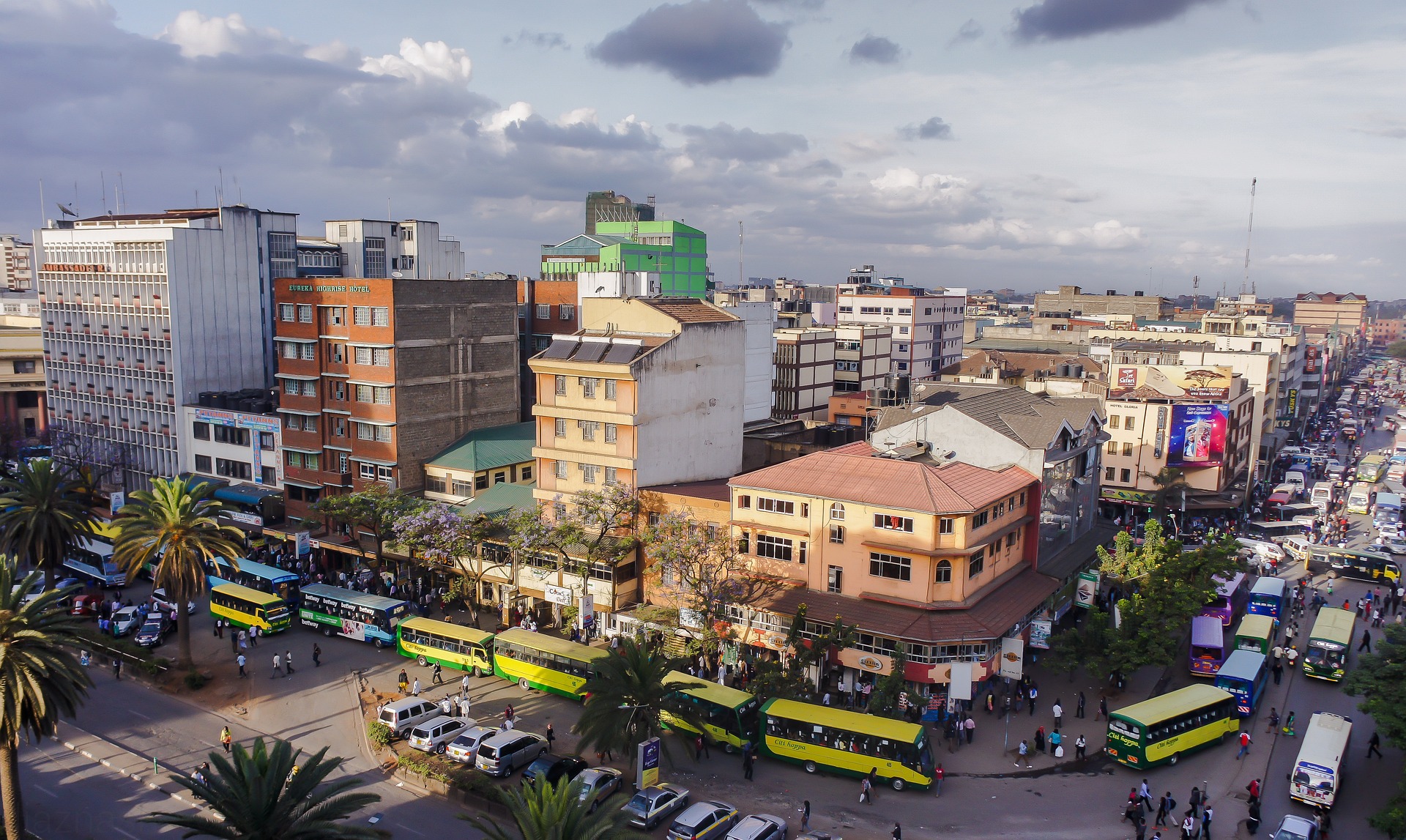
An article written by experts from the International Institute for Environment and Development and ICLEI Africa, a global network of 2,500-odd local and regional governments committed to sustainable urban development, highlighted that as the years go by, the distribution of climate risk in African cities will be uneven.
The experts put forth that low-lying coastal zones and areas along rivers could become more susceptible to flooding, and settlements on steep slopes more vulnerable to landslides following intense precipitation.
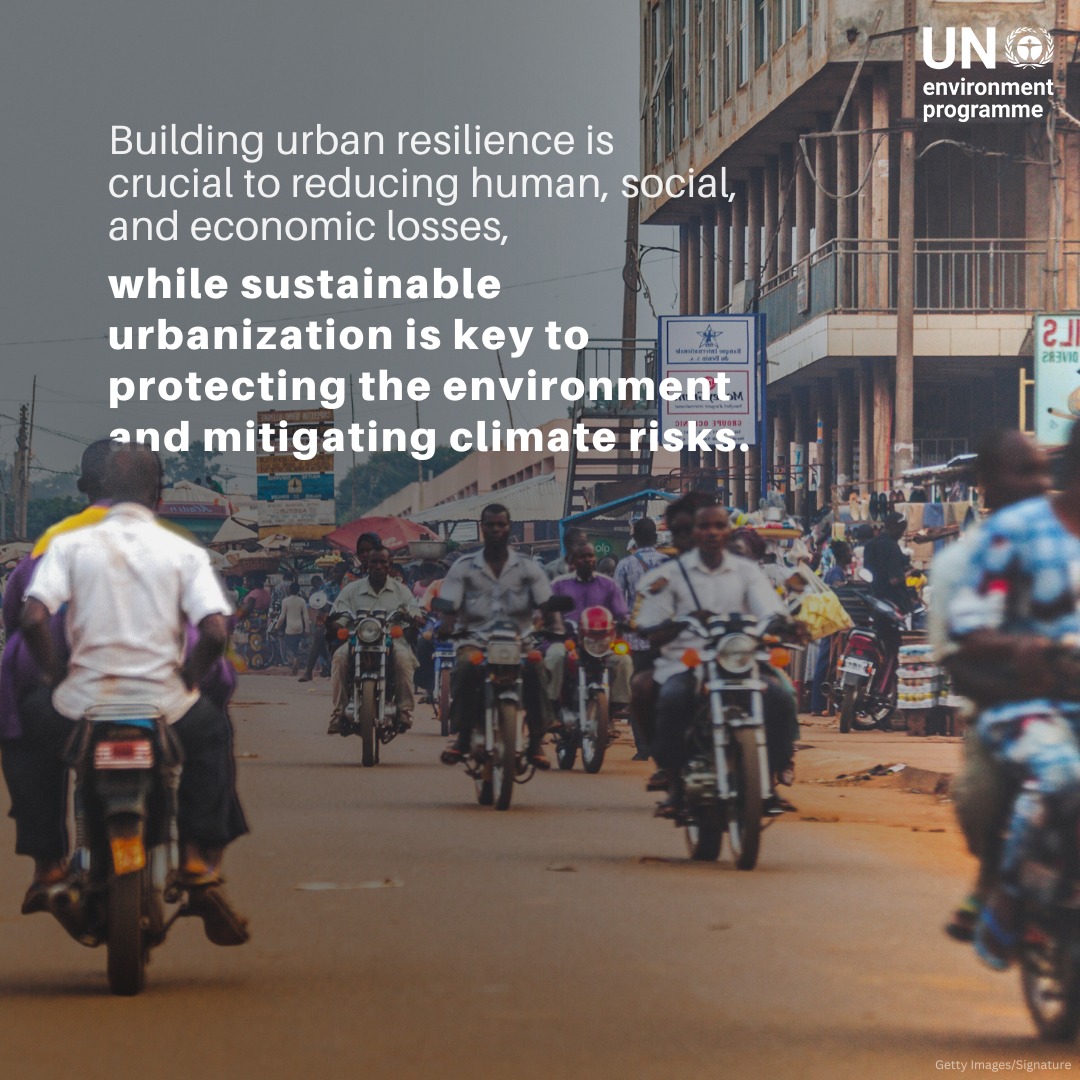
Speaking during a recent high-level event organized by the African Union Commission, the United Nations Development Programme, and the United Nations Human Settlements Programme during Africa Climate Week, Gatkuoth Kai, the Technical Coordinator of the Disaster Risk Reduction Unit at the African Union Commission, said most reports on disaster events in Africa had indicated that African cities are significantly impacted.
“In the light of climate change, disaster risks are high, and the consequent losses are most prevalent in urban areas,” Kai said.

Robert Vigotti, the secretary general of RES4Africa, a foundation that works in support of Africa’s just energy transition, noted in a recent article that African nations still have their work cut as they strive to put into action the objectives of SDG11, which relates to making cities and human settlements inclusive, safe and sustainable.
Poor infrastructure leads to energy waste
“Perhaps the most obvious challenge is represented by poor infrastructure. Although African governments have pledged to implement their initiatives in pursuit of sustainable cities and communities, the reliance on outdated or insufficient infrastructure has proven to hinder achieving SDG 11,” he wrote.
“This is because poor infrastructure can contribute to energy waste, limited access to renewable energy, and inefficient water and sewage systems, hindering the possibilities of sustainable development.”
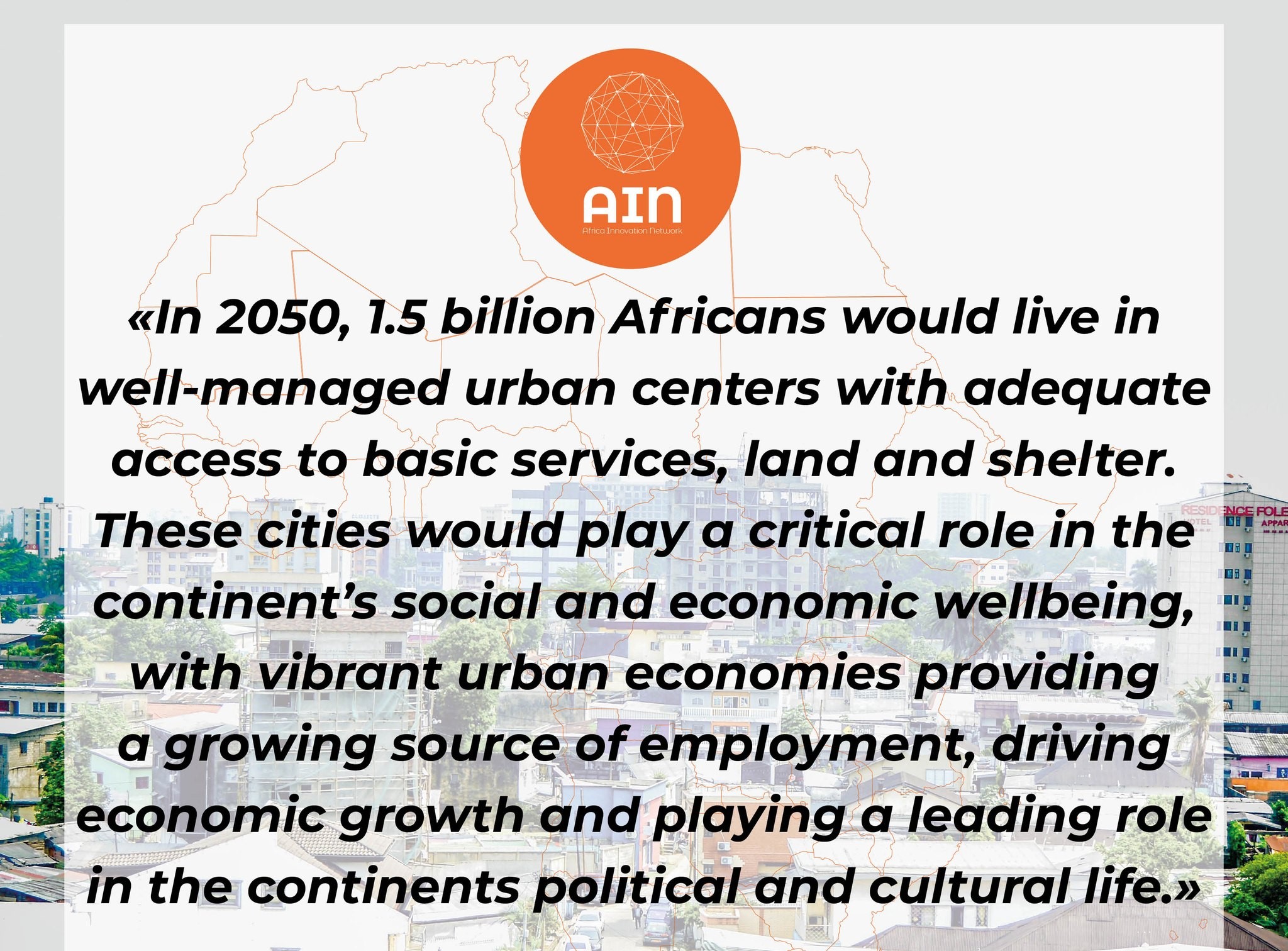
He further wrote that while sustainable technologies like solar power, energy-efficient construction, and green buildings were prominent solutions to help reach SDG 11, their affordability was still an issue for African countries.
“The expensive cost of these solutions could potentially stunt the progress of green cities in Africa if not properly provided with subsidies and financial support.”
Several climate analysts agree that building and consolidating resilient urban economies in Africa will be paramount in the years ahead.
Developing inclusive economies
“These will guarantee that cities can keep thriving and offer opportunity to everyone. This will entail investing in green jobs, affordable housing, and sustainable infrastructure. Additionally, it will entail developing inclusive economies that benefit all people regardless of their origin or degree of income,” said Nagawa.
Green buildings are one idea that has recently been floated to achieve sustainable urban development and resilience in African cities.

Governor Johnson Sakaja of Kenya’s capital, Nairobi, recently urged African cities at the Africa Climate Summit 2023 Pre-Summit to use green construction to mitigate the effects of climate change.
“We need green construction to meet our climate goals and grow our economy and resources.”
Build and rehabilitate resilient buildings
Sakaja also stated that the Nairobi city government, in collaboration with the Kenya Green Building Society, had completed a preliminary International Finance Corporation Excellence in Design for Greater Efficiencies (IFC-EDGE) building assessment of the governor’s office, making it the first IFC EDGE green government building in Africa, if not the world.
“If we truly intend to build and rehabilitate greener, more resilient buildings and cities, we need to lead by example,” the governor said.
Climate-neutral urban economies
Aside from the green building proposals, several African countries, including Senegal, Tanzania, and Ethiopia, have recently established green urbanization initiatives to demonstrate their commitment to attaining SDG 11 and pursuing climate-neutral urban economies.
Senegal initiated a scheme to minimize energy expenses by installing energy-saving technologies in public buildings nationwide, including energy lightbulbs, solar panels, and air conditioning.
Data-driven decision-making
In Ethiopia, the government developed a blueprint for Addis Ababa, the capital city, to promote sustainable growth through energy efficiency, cleaner infrastructure, green areas, and data-driven decision-making.
Tanzania has also made significant gains towards green urbanization in recent years, with a plan to lower air pollution levels in Dar es Salaam by boosting enforcement of existing legislation and introducing a new generation of public transport vehicles.
Engines of economic development
These initiatives—including recent calls for urban residents to assume responsibility and assist in building sustainable cities—show that Africa is trying to promote sustainable urban development and achieve the UN’s SDG 11.
“Cities are engines of economic development. Africa must do more to secure the long-term development of its cities and human settlements. As the Executive Director of UN-Habitat stated in her World Habitat message, “the power to transform them lies within each of us,” said Nagawa.
_______________________________________________________________________________________________
Richard Wetaya is a Uganda-based, award-winning freelance multimedia journalist specializing in science, environment, health, and education reporting.
